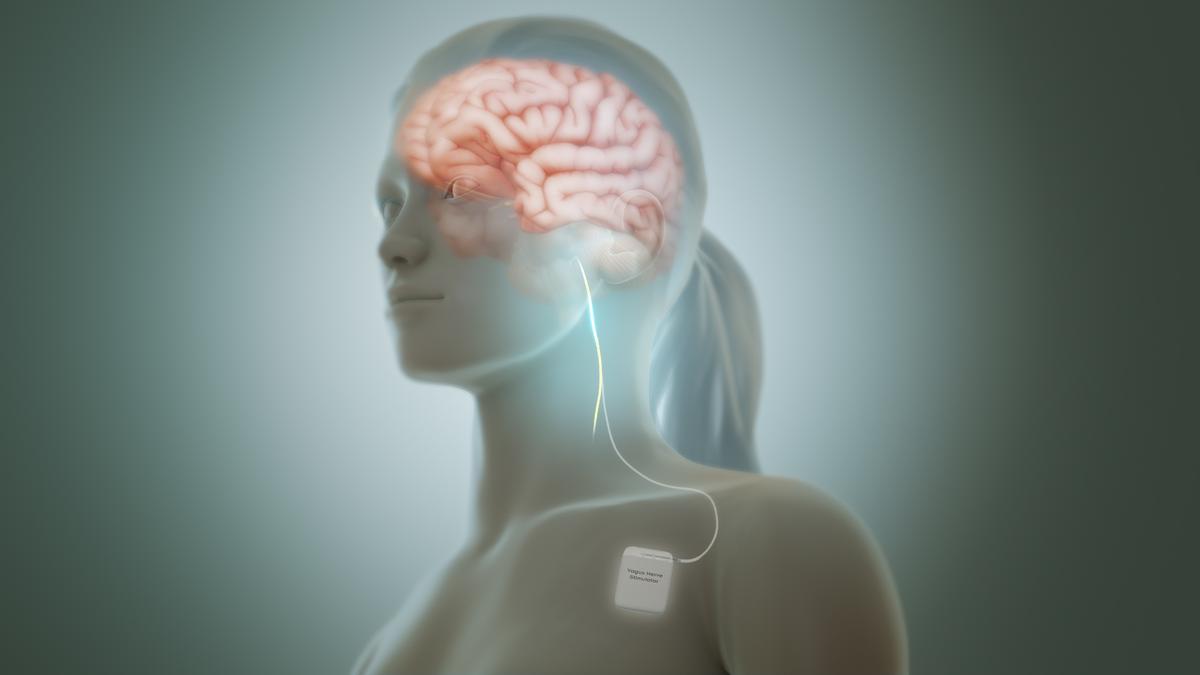Description

Disclaimer: Copyright infringement is not intended.
Context:
- Six months into the war, Gaza is facing a humanitarian crisis disproportionately impacting women and girls. UN Women's report, "Scarcity and Fear," sheds light on the dire consequences of limited access to water, sanitation, and hygiene (WASH) services.
Impact of the War on Women
Displacement and Starvation:
- Over 10,000 women, including 6,000 mothers, have lost their lives, leaving behind 19,000 orphaned children. Surviving women face displacement, widowhood, and the threat of starvation.
- Gaza's water supply remains at only 7% of its pre-October 2023 level, leading to dire circumstances with scarce food, unsafe water, and inadequate sanitation facilities.
Lack of Basic Necessities:
- Approximately 1.1 million women and girls lack safe drinking water, functioning toilets, and sanitary pads, increasing the risk of disease and posing threats to health and dignity.
- Pregnant and breastfeeding mothers face increased health risks due to contaminated water, while over 330,000 young children are vulnerable to waterborne diseases.
Menstrual Hygiene Challenges:
- More than 540,000 women and girls of reproductive age lack access to basic menstrual hygiene products, resorting to unsafe alternatives that increase infection risks and hinder daily activities.
Psychosocial Impact:
- Women and girls, responsible for water collection, face security risks and mental strain due to long journeys to find usable water sources and lack of privacy in damaged sanitation facilities.
- Adolescent girls, menstruating in overcrowded shelters, experience heightened self-consciousness and discomfort, impacting their mental well-being.
Urgent Call to Action:
- Ceasefire: UN Women calls for an immediate ceasefire and urgent action to address humanitarian and WASH conditions in Gaza, including safe access to water points, repair of sanitation infrastructure, and distribution of hygiene kits.
- Data-driven decision-making: Gender analysis and systematic data collection are crucial for effective WASH coordination and response efforts tailored to the needs of women and girls.
- Women's participation in decision-making: Prioritizing the safety and dignity of women and girls in humanitarian responses involves their participation in decision-making processes and implementation of programs addressing their specific needs.
|
UN Women
●UN Women was established in 2010 by the United Nations General Assembly, merging four previously distinct parts of the UN system focusing on gender equality and women's empowerment.
●Headquarters: New York, New York, United States
●It operates globally to advance gender equality and women's empowerment through advocacy, policy development, and programming.
●UN Women works with governments, civil society organizations, and the private sector to address issues such as violence against women, economic empowerment, political participation, and women's rights.
|
Conclusion:
- The war in Gaza constitutes a "war on women," with devastating consequences for their lives and well-being. Urgent action is required to alleviate the humanitarian crisis and ensure the safety and dignity of women and girls in Gaza.
Source:
https://epaper.thehindu.com/ccidist-ws/th/th_international/issues/79596/OPS/GDFCMAS8H.1.png?cropFromPage=true
|
PRACTICE QUESTION
Q) Discuss the humanitarian crisis faced by women and girls in Gaza due to the ongoing war, highlighting key challenges in accessing water, sanitation, and hygiene (WASH) services. How does this crisis impact their health, dignity, and overall well-being? Suggest measures to address their urgent needs and ensure their safety and dignity during humanitarian responses. (250 Words)
|










